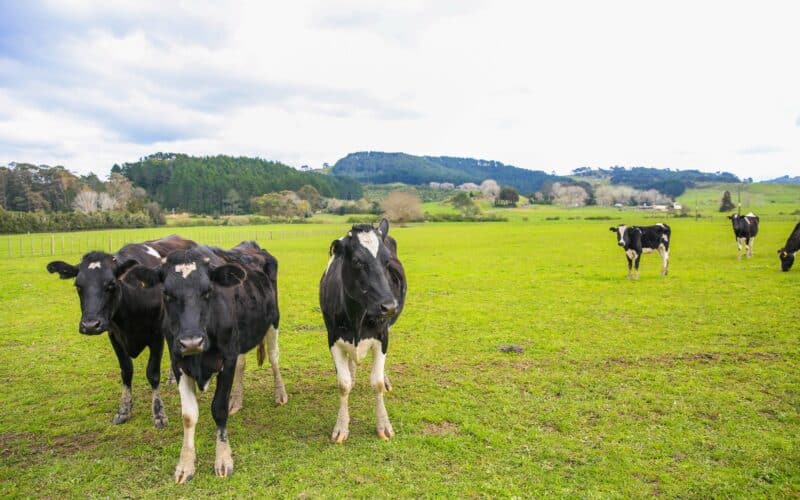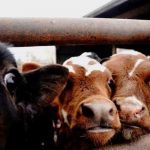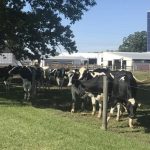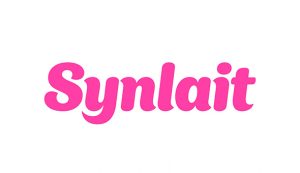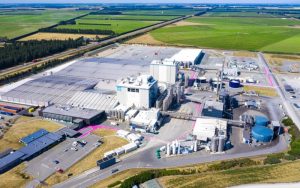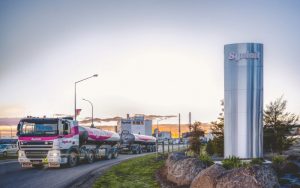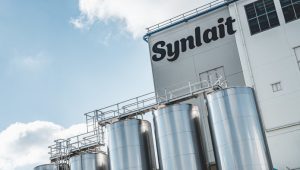
Synlait and Nestlé will partner up to fund innovative on-farm emissions reduction tools. The investment is focused on pragmatic on-farm solutions that improve efficiency, such as effluent management systems, emissions-friendly feed options, advanced soil testing, alternative fertilisers and tree planting, splitting the costs three ways between Nestlé, Synlait and its farmer suppliers across seven years, from 2024 to the 2031 financial year.
Synlait CEO Grant Watson said this new kind of customer partnership will help Synlait reach its greenhouse gas emission targets, as well as opening up potential new commercial opportunities to work together.
“This is a great example of proactive, industry-led solutions driving innovation across the supply chain, serving our customers’ demand for high quality, low-emissions products. Synlait’s Lead With Pride programme has long financially incentivised Synlait farmers to produce some of the most sustainable dairy in the world, he said.
“This partnership aims to reduce the cost of implementation and accelerate farmer adoption of emissions reduction tools. It’s leveraging technologies that are available in market right now, and will expand over time to include emerging technologies as they become available. This kind of agreement also opens up potential new opportunities to work together in other areas, and we look forward to a long and fruitful partnership with Nestlé.”
Nestlé global chief procurement officer Patricia Stroup, speaking on a visit to New Zealand, said that partnerships of this kind that bring Nestlé together with farmers and processors will be instrumental in all parties reaching their greenhouse gas emission targets.
“Dairy is both our single biggest ingredient by volume, and our largest source of Scope 3 greenhouse gas emissions, accounting for around 21% of our total emissions. None of us can do this alone. Knowing this drives us to find new ways of working together, and means we need to collaborate with our dairy suppliers to adopt new ways to reduce emissions, and with farmers to create plans for climate, methane and regenerative agriculture.
“While today’s announcement focuses on what can be delivered now, we are also continuing to develop new ways to reduce emissions through our own research, and external research partnerships.
“As our investigations continue, the most promising solutions are tested on research farms before being deployed more broadly. We are determined to draw on the best science worldwide, while ensuring that we deliver solutions that are locally relevant for farmers.”
You can now read the most important #news on #eDairyNews #Whatsapp channels!!!
🇺🇸 eDairy News INGLÊS: https://whatsapp.com/channel/0029VaKsjzGDTkJyIN6hcP1K
